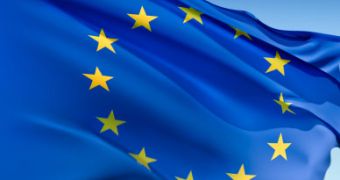The European Court of Justice (ECJ) issued a preliminary opinion in the case of a Belgian ISP asked to filter copyright-infringement traffic on its network, saying that such an act would probably violate several civil rights.
The Belgian artists' rights agency Sabam (Société belge des auteurs compositeurs et éditeurs) obtained a court order forcing local ISP Scarlet to monitor its customers' Internet traffic and block copyright infringement.
The ruling was contested at the European Court of Justice and ECJ Advocate General Pedro Cruz Villalón wrote in his preliminary opinion that "the installation of the filtering and blocking system is a restriction on the right to respect for the privacy of communications and the right to protection of personal data, both of which are rights protected under the Charter of Fundamental Rights."
"By the same token, the deployment of such a system would restrict freedom of information, which is also protected by the Charter of Fundamental Rights," he added.
According to Rick Falkvinge, founder of the Swedish Pirate Party, this ECJ opinion has multiple implications and is a hard hit for copyright lobbyists.
"This means that Eircom [the largest Irish ISP] can no longer be forced to eavesdrop on its customers to filter out certain parts, and it means that Danish ISPs can no longer be mandated to censor The Pirate Bay and AllOfMP3.
"Black Internet in Sweden can give the finger to the court order to block The Pirate Bay. Many, many aggressions from the copyright industry stand to just fall flat on their face," the information policy evangelist writes.
This doesn't mean that national legislation requiring content filtering cannot exist, but according to Villalón, just as other types of laws that limit civil rights for the greater good, it must be transparent, accessible and predictable.
This puts significant limits on what pro-copyright groups are trying to achieve in Europe and around the world. Such organizations rely on legal threats to force ISPs into submission knowing that some of them would rather comply than get into a lengthy trial. The ECJ opinion gives ISPs an incentive to fight back by telling them they are right in protecting the privacy of their customers.

 14 DAY TRIAL //
14 DAY TRIAL //